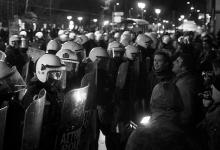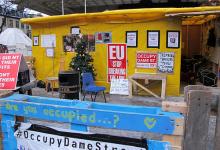Abortion and Irish public policy
It came as a great surprise to women activists on reproductive rights, and indeed to the general population, when a hitherto unknown ‘pro-life’ group appeared in 1981 arguing for a referendum of the population on the subject of abortion. They sought to insert a foetal right to life clause in the Irish written Constitution. It was a surprise because no one was campaigning for abortion at the time. Indeed the main concern was the absence of a legal right to contraception for women and men and teenage girls and boys.










